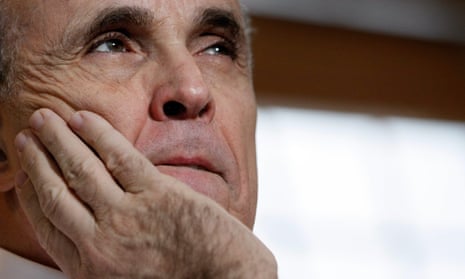What is truth? According to Donald Trump’s lawyer, Rudy Giuliani, the one thing it isn’t is itself. “Truth isn’t truth,” he insisted during an interview. This would seem to imply that a post-truth age is simultaneously a post-untruth age, though lies haven’t yet vanished from the face of the planet.
For its first few centuries, “truth” meant loyalty or agreement (it shares its roots with “troth” and “truce”), and only later acquired the sense of conformity with reality. It is conceivable, then, that Giuliani was using the word in two senses at once, and what he really meant to say was that loyalty (to Trump) is not the same as being accurate about facts. Seems legit.
If you’re using the word in the same sense both times, “truth isn’t truth” is logically not true, but then Giuliani’s interviewer had just said that “truth is truth”, which is true but useless.
Giuliani later claimed that he had not been offering “a pontification on moral theology”, but he needn’t have been so shy: there is, after all, a fine tradition of claims that truth isn’t quite the truth. Nietzsche, for one, said that truth was just a mobile army of metaphors. Whatever the truth is about Trump, we probably can’t handle it anyway.
